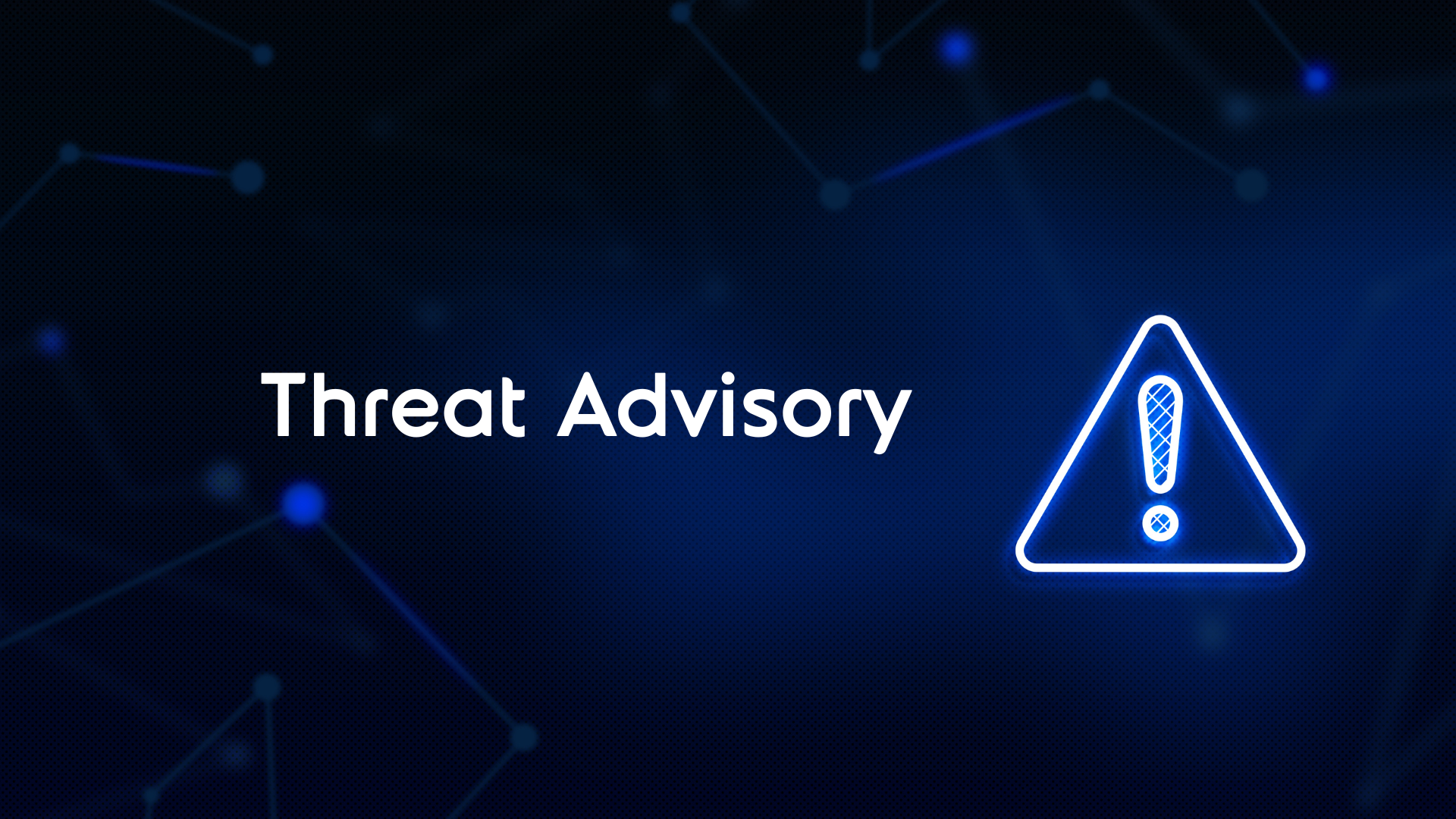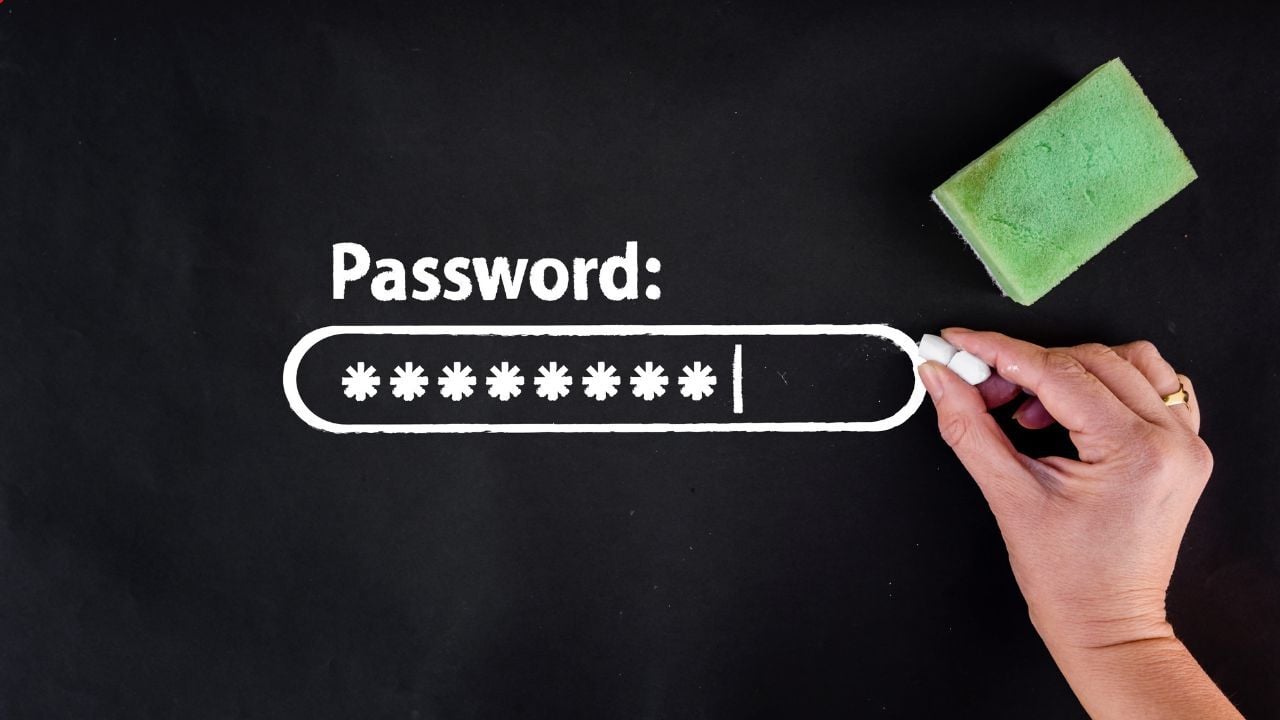CVE-2025-3248 - RCE flaw in Langflow framework for building AI agents exploited by attackers
CVSS Base Score: 9.8 CRITICAL
Our Managed Detection and Response Services provide continuous monitoring from a team who’ll neutralise any breaches at speed...
Gain access to malware experts to quickly contain threats and reduce future exposure to attacks...
Integrity360 has been recognised as a Gartner Representative Vendor.
Many organisations are choosing CyberFire MDR to strengthen their defences. Discover how it can protect your business in our brochure.
Cyber attacks often seem faceless, but hidden behind the headlines of financial loss and technical details there are very real human stories.
In 2025, we’re witnessing a shift in how ransomware operates, who it targets, and the consequences of falling victim.
Stay ahead of the latest cybersecurity industry developments, advancements and threats, and understand how you can best protect your organisation.
Do you know what your company’s network vulnerabilities are? Businesses that invest in penetration testing do.
If your business handles credit card data, PCI DSS compliance isn’t optional—it’s critical. From retailers and e-commerce platforms to service providers and financial institutions, securing credit card data is critical to customer trust and preventing fraud.
Stay informed with the latest cybersecurity news with our weekly threat roundups.
Confused about cybersecurity? Our A-Z Glossary of terms can help you navigate this complicated industry.
For many small and mid-sized businesses, cybersecurity can feel overwhelming.
SOC 2 certification reflects Integrity360’s continued investment in strengthening cyber resilience for clients across highly regulated and high-risk industries.
Leading Canadian cybersecurity services provider Advantus360 joins Integrity360 creating the group’s first hub in North America

CVSS Base Score: 9.8 CRITICAL

It doesn't matter how large your organisation is, you are at risk and sooner or later cyber criminals will try to attack you. It’s not a matter of whether your organisation will face a security incident but when. That's why a robust incident response plan is crucial. So what elements should your incident response plan include to be truly effective?

With the increasing sophistication of cyber threats, businesses need more than just security tools—they need expert-driven, proactive defence. Managed Detection and Response (MDR) services provide this, but not all MDR solutions are created equal. Choosing the right provider can mean the difference between efficient threat detection and response or drowning in alert noise and ineffective security measures.

Here we are again—another World Password Day, and still the most commonly used password is 123456. It’s 2025, and that sequence remains the digital equivalent of leaving your front door wide open with a neon “come on in” sign above it.

As cyber threats become more sophisticated and relentless, organisations can no longer rely on reactive defences alone.

We hear a lot about external threats but in reality, one of the biggest risks to your organisation might already be on the inside. Insider threatswhether malicious, negligent, or compromisedpose a significant threat to organisations. And with privileged accounts often at the centre of these threats, Privileged Access Management (PAM) has become an essential part of any modern cyber defence strategy.

CyberFire MDR, Integrity360’s advanced Managed Detection and Response service, is purpose-built to address the real and persistent challenges facing modern businesses. Powered by our proprietary CyberFire platform and backed by 24/7 global SOC coverage, it delivers low-noise, high-accuracy protection where it matters most.

Looking for an MDR solution that delivers fast, accurate threat detection with minimal noise and maximum support? Here’s everything you need to know about why CyberFire MDR stands out from the crowd.

Privileged Access Management (PAM) is a critical layer of defence in today’s cyber security landscape. With attackers increasingly targeting privileged accounts to access sensitive data and systems, having the right PAM strategy in place is essential. In this blog, we answer the most common questions about PAM, explaining why it matters, what it involves, and how Integrity360’s tailored services can help organisations of all sizes manage privileged access effectively. Whether you’re looking to improve compliance, reduce risk, or streamline secure access, this guide covers everything you need to know about PAM.

A critical vulnerability, CVE-2025-22457, has been identified in Ivanti Connect Secure (ICS), Pulse Connect Secure (PCS), Ivanti Policy Secure, and ZTA Gateways. This stack-based buffer overflow allows remote, unauthenticated attackers to execute arbitrary code on affected devices. The flaw is currently being actively exploited by a suspected Chinese advanced persistent threat (APT) group, UNC5221, to deploy custom malware families, TRAILBLAZE and BRUSHFIRE, facilitating persistent access and deep network intrusion.

Deepfake technology is rapidly evolving, making it easier for cybercriminals to manipulate digital content and deceive individuals and organisations. One of the most concerning threats that has emerged from this technology is deepfake social engineering – a sophisticated cyber attack method that leverages artificial intelligence (AI) to create realistic fake audio, video, or images to manipulate and defraud targets.

CyberFire MDR is now available across Integrity360’s European markets, bringing advanced threat detection, full incident response, and predictable pricing to organisations of all sizes.